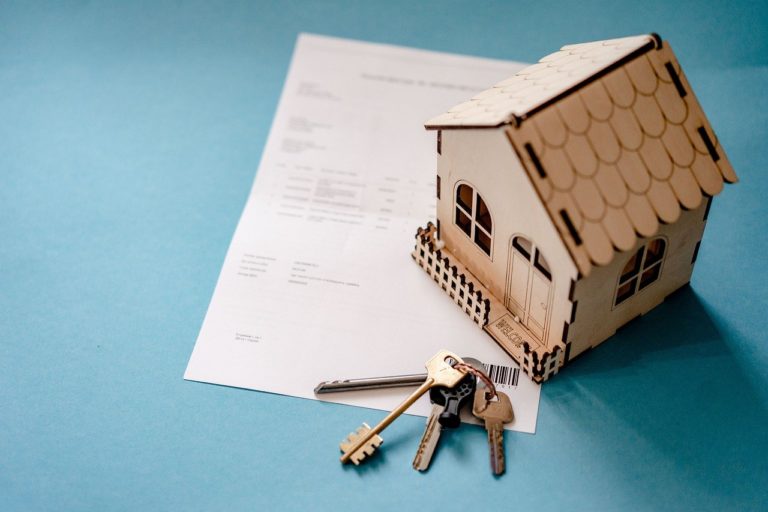Becoming a Real Estate Agent: 3 Quick Ins and Outs
Becoming a real estate agent offers incredible and exciting career possibilities. One of the best things about a career in real estate, especially one affiliated with an office or brokerage, is the seemingly endless pool of resources. With those resources, a real estate career could see endless growth potential.
Here are a few quick ins and outs of starting your real estate career and what it means to have a team behind you as you grow into a well-established and profitable real estate agent.
Becoming a Real Estate Agent
It’s always a good idea to familiarize yourself with the rules and regulations of the state in which you want to become an agent. After all, you’ll need to gain your real estate license and identification credentials for that state to begin conducting business. Once you’ve studied the requirements, you can continue down the path to gaining your real estate license.
Getting your real estate license doesn’t have to take several years. In fact, obtaining your real estate license in the state of California can take anywhere from five to six short months. Once you’ve obtained your real estate license, it is best to find tutelage under a real estate agent with more experience and a high success rate. They will help you gain the edge on your continued real estate education. They may also be able to recommend you to a licensed real estate broker that matches your criteria.
As with most licenses and businesses based on commission, there are some start-up costs. These costs are an intrinsic investment toward your career and include pre-license funding, payment for the exam, dues and other monthly expenses.
A Real Estate Agent’s Income
As you become an agent in the real estate market, your income relies heavily on your understanding and practical use of your craft. This means that your revenue stream is more than likely based on the client agreements, basic real estate transactions and the amount of time and resources you put into the sale of the home.
Initial sales can give you a good overview of the amount of money you stand to make from varied real estate transactions. Each timeline is different and each real estate transaction has a different commission based on the overall property price, though the average percentage of profits from a sale sits comfortably around 5% to 6%.
A licensed real estate agent makes about $82,000 annually, which could make saving just a little bit easier. It’s always a good idea to put some of that commission into a savings account. There may be times when the transaction runs long or added expenses may come up.
Property Sales 101
Another thing most real estate agents will need to understand in real estate is about people and properties. An agent must understand their client base, and to understand a client base, an agent must understand the unique properties of every property and the types of people that are searching for those properties.
Having knowledge of property types, taxes, fees, land boundaries, associations and other legal issues that may surround any given property can help give you a boost in a real estate career. At the very least, a basic understanding of each category will also help you engage with your client.
Your client is looking to you to be the expert. They’re also looking to you for comfort and expertise in finding lenders, inspectors or appraisers. Creating a network of trusted individuals who have in-depth knowledge of each category as it pertains to properties that you can easily refer your clients to, creates a succinct and coherent resource pool for them.
Regardless of your reasoning for wanting to become a real estate agent and pursuing a career in real estate, your best path is to have someone behind you to help, be it a mentor or real estate broker. These resources have connections that could help you get off the ground and soar through your next (or first) real estate transaction with ease.



